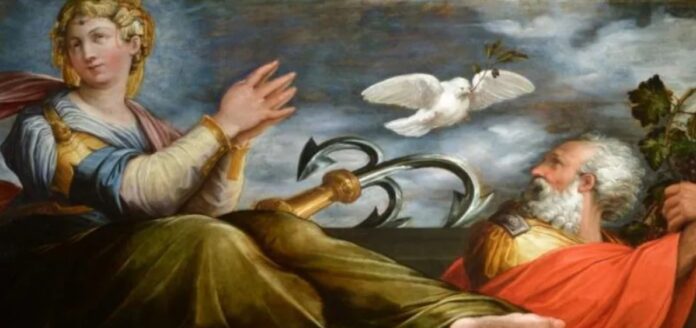Hope is a compensatory mechanism that derives from the inability to face reality.
Hope has several dimensions. It can be applied to a biological dimension, as the hope of those who, unable to cultivate excellence and progress in themselves, move it to their children. Then there is the hope of metaphysical origin, which is mortgaged by religions which justify failure in the present with future compensation, up to the paradox of dying hoping, which is a contradiction of terms. Dying hoping means that we have never met life. Hope moves days forward that never arrive, hope takes us out of the encounter of reality.
There is a remote prison in the most remote places of Siberia where the worst Russian criminals are held. They live in small rooms of 2 x 1.5 meters, constantly monitored to prevent them from taking their own lives, they cannot even lie down or sit on the bed except for the time of sleep, they get up at 7 and from that moment they can only walk or stand beside the bed.
The interview with one of these inmates struck me a lot because – when asked about his condition – he replied that he was happy as never in his life. He explained to the astonishment of the journalist that this was due to the fact that while everyone outside hopes for something, in the death of hope he had met the end of all tension.
“This is because unlike you I don’t hope for anything, I don’t expect anything anymore” he said. After the first year of excruciating suffering he had encounter a state of peace because he had stopped hoping.
However extreme, it is an example of the fact that we find no peace because the present moment is always mortgaged by an after that never comes.
Regardless of what life is like, not deferring it guarantees a form of certainty that hope constantly prevents. As if that anxiety that underlies the hope of something – more than the object of concern – is due to this constant lack of an appointment with oneself and with life. Happiness is a subjective space: the more I move it to an object, the more I avoid recognizing this evidence.
Even the hermit – who spaces out himself from the world even through forms of meditation and asceticism – in a certain sense fights hope, seeking an encounter with the moment not mediated by the object. The renunciation of the world also arises from the attempt to bump into life because the world with its illusions is the most object of all.
Regardless of how we can think of it, if we are existing it means that an infinite intelligence is supporting our act of existing and in the simple perception of the intelligence that supports us and the cosmos hides the secret of such profound happiness that it is capable of transcend life itself and death itself.
The killing of hope is an invitation to a symbolic death that opens the doors to the end of duality. Life is invested in the ego and therefore is full of routine, commitments, everyday life, full of a future that is theft of the present time. This attempt of consciousness takes us out of the here and now leads life to resemble a being for death, rather than a search beyond good and evil for what life is.
If I remain outside the capacity for unitary perception, I am a victim of the most subtle attempt to which hope obliges me, which is to avoid death. Hope is an attempt to avoid death while it is precisely in accepting it, as happens in the initiatory rituals of death and resurrection, that the authentic birth to oneself is configured.
As terrible as the moment is, if the breath sustains me through that contact, I can recognize myself in the whole without freezing to death in the part.
Everything is guru: every moment is a teacher.
PHOENIX
copyright reshumana.com











